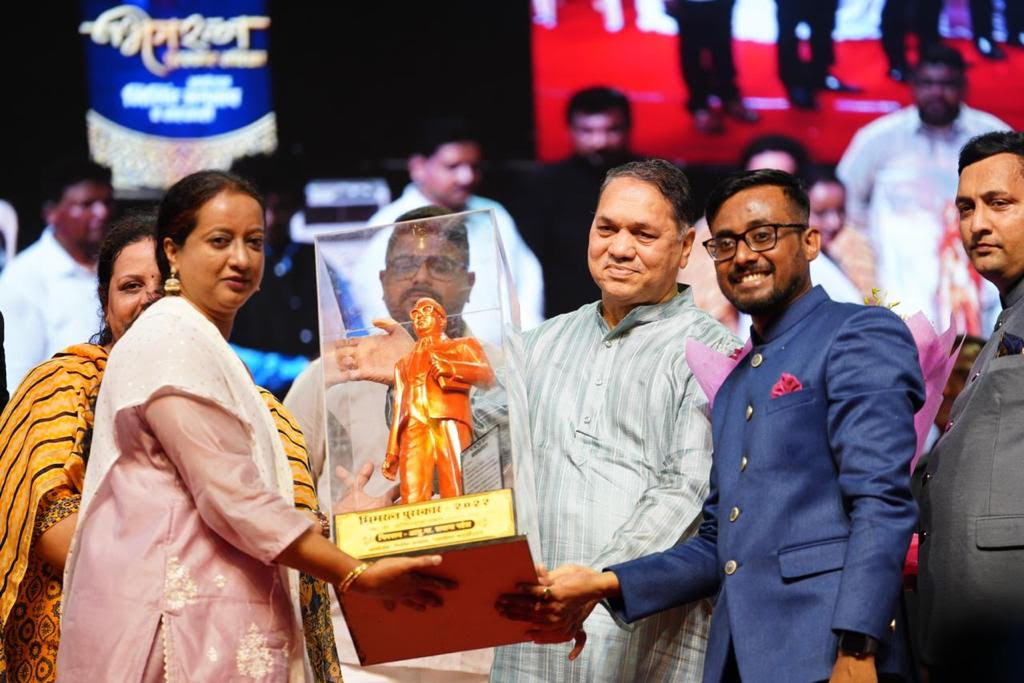


As one of the founder members of the Network of Maharashtra by People Living with HIV (NMP+), she has been a strong advocate representing the PLHIV community on various platforms in national and international forums. In her career of over two decades, she has worked in various capacities in projects supported by multilateral and bilateral agencies.
She has been instrumental in sensitising the healthcare providers on PLHIV issues, garnering support for creating an enabling environment for access to equitable and quality service delivery. At I-TECH India, she supports Mumbai Districts AIDS Control Society for effective implementation of the National AIDS Control Programme in Mumbai. We congratulate Shabana and wish her success in all her future endeavours.




On 6 May 2022, I-TECH India participated in a national-level meeting organized by NACO that was focused on community systems strengthening and aimed to sensitize the participants on community engagement strategies, provide programmatic updates, and describe the role and responsibilities of the state government (e.g., State AIDS Control Society (SACS)). The participants (state government officials and partner organizations) coordinated with health facilities to create strategic plans on community-led monitoring mechanisms to provide comprehensive, equitable, and quality health services for HIV prevention and risk reduction.
I-TECH India facilitated the dissemination of a national training module for integrated counseling and testing center (ICTC) counselors through its eLearning platform for 170 state officials and counselors around the country. The training addresses the gaps in reaching the first 95 of the UNAIDS 95-95-95 targets and serves as an opportunity to revisit program implementation; identify gaps and develop strategies built on the experiences so far; introduce newer approaches like risk assessment and blended testing for providing client-centric counseling services; and improve service delivery and uptake. State-level dissemination of the training is also planned to reach all 37 states of the country within the next two to three months.
On 25-26 April 2022, I-TECH India, in collaboration with the Arunachal Pradesh State AIDS Control Society, organized a two-day, hybrid capacity building review meeting for HIV prevention and treatment facility staff. The meeting was focused on improving viral load service uptake and result utilization following the National Operational and Technical Guidelines for ART services and for promoting the U=U HIV prevention strategy. Discussions were focused on the significance of timely referrals for eligible PLHIV to the State AIDS Clinical Expert Panel, referral mechanisms, follow up, and monitoring and evaluation tools. A total of 40 participants attended the meeting.
I-TECH India, in collaboration with MDACS and Resolve to Save Lives, is implementing the “Screening and Management of Hypertension in PLHIV” program at Mumbai ART Centers. A one-day sensitization program was held for 87 ART center paramedical staff members to improve service uptake and delivery for the management of hypertension in PLHIV.
I-TECH India conducted a two-day training workshop on “HIV Disclosure for Children and Adolescents Living with HIV” for 22 medical officers and 37 antiretroviral therapy (ART) center counselors from 20–21 April 2022 at the Mumbai Districts AIDS Control Society (MDACS). The healthcare providers were trained to provide ongoing support to caregivers and parents for disclosing status to their children/adolescents and for helping them cope with their emotions during the post-disclosure phase. A screening tool for caregivers was also developed for the assessment of disclosure status among children and adolescents.